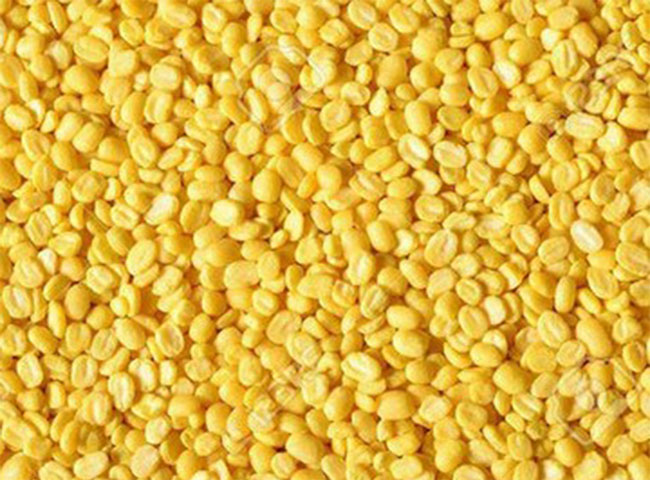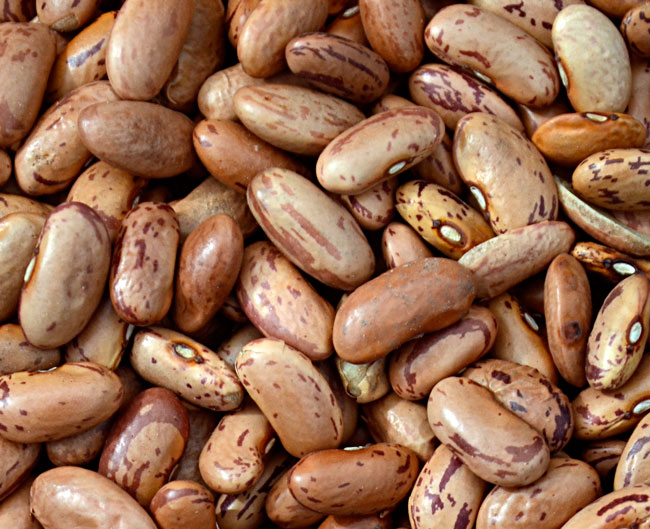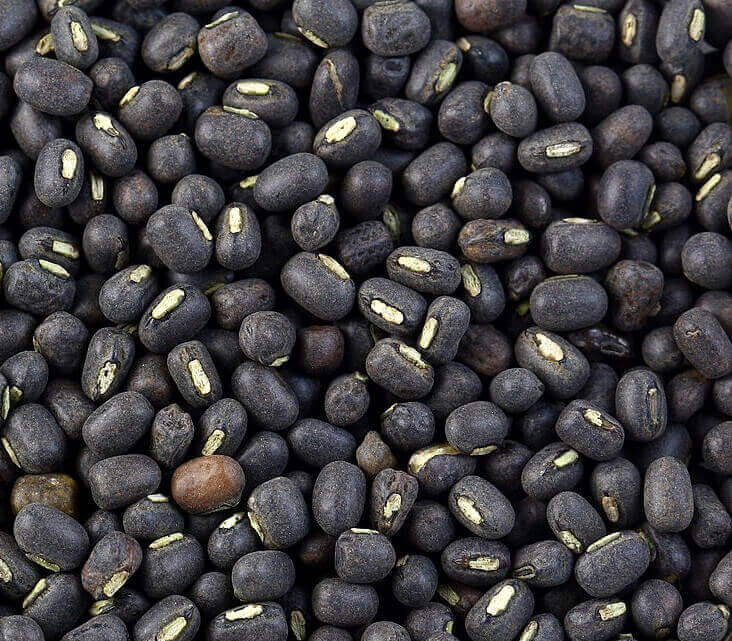Pear is a delicious and nutritious fruit known for its juicy and sweet flavor. Here are some key points about pears:
- Health Benefits: Pears are a good source of vitamins C and K, and potassium. They are high in dietary fiber, which aids in digestion and helps prevent constipation.
- Varieties: There are many varieties of pears, including Bartlett, Bosc, Anjou, and Asian pears. Each variety has a distinct taste and texture.
- Uses: Pears can be eaten fresh, and they are also used in salads, desserts, jams, and juices. They can be baked, roasted, or poached as well.
- Nutritional Value: Pears are low in calories and contain almost no fat or cholesterol. They are a good source of antioxidants, which help reduce free radicals in the body.
- Agriculture and Growing Conditions: Pear trees thrive in cooler climates and require well-drained soil. They need adequate sunlight to grow properly.
Pears not only provide a delightful taste experience but also offer significant health benefits, making them a great addition to a balanced diet.
Read our recipes :
Phirni or Firni | Vegetable Spring Rolls | Aloo Chat
Here are some interesting facts about pears:
Ancient History: Pears have been cultivated for thousands of years. They are believed to have originated in regions of Eastern Europe and Western Asia.
Global Production: China is the largest producer of pears in the world, contributing to over half of the global production. Other major producers include the United States, Italy, and Argentina.
Varieties: Over 3,000 varieties of pears grown worldwide. Some popular ones include Bartlett (Williams), Bosc, Anjou, and Asian pears, each with unique flavors and textures.
Nutrition: Pears are rich in dietary fiber, particularly soluble fiber like pectin. They are also a good source of vitamin C, vitamin K, and potassium.
Low Allergenicity: Recommended for hypoallergenic diets as they are less likely to cause allergic reactions compared to other fruits.
Antioxidants: Pears contain various antioxidants, such as flavonoids and carotenoids, which help protect cells from damage by free radicals.
Read our recipes :
Phirni or Firni | Vegetable Spring Rolls | Aloo Chat
Digestive Health: The high fiber content in pears aids in digestion and promotes gut health. The fiber helps to maintain regular bowel movements and can alleviate constipation.
Hydration: Pears have a high water content, making them a hydrating and refreshing fruit to consume, especially in warmer climates.
Culinary Uses: People use pears in a variety of culinary dishes, including salads, desserts, and savory dishes.
Storage: Pears ripen best off the tree. Pears often harvested when still firm and then allowed to ripen at room temperature. Store ripe pears in the refrigerator to extend their shelf life.
Pear Wood: The wood from pear trees is valued for its hardness and fine grain and is used while making musical instruments, furniture, and kitchen utensils.
Symbolism: In some cultures, pears are symbolic of immortality and prosperity. Various art forms, literature, and folklore throughout history have featured pears.
These facts highlight the versatility and benefits of pears, making them a cherished fruit in many parts of the world.
नाशपाती (Pear) – एक पोषक और रसीला फल
नाशपाती (Pyrus communis) एक मीठा, रसदार और पौष्टिक फल है, जिसे ताजे खाने, सलाद, जूस, और डेसर्ट में इस्तेमाल किया जाता है। यह स्वास्थ्य के लिए बहुत फायदेमंद होता है और फाइबर व एंटीऑक्सीडेंट से भरपूर होता है।
Pear नाशपाती का पोषण मूल्य (100 ग्राम में)
| पोषक तत्व | मात्रा | % दैनिक आवश्यकता (लगभग) |
|---|---|---|
| कैलोरी | 57 kcal | 3% |
| कार्बोहाइड्रेट | 15.2 g | 5% |
| फाइबर | 3.1 g | 12% |
| प्रोटीन | 0.4 g | 1% |
| वसा | 0.1 g | 0% |
| चीनी | 9.8 g | – |
विटामिन और खनिज
| पोषक तत्व | मात्रा | % दैनिक आवश्यकता (लगभग) |
|---|---|---|
| विटामिन C | 4.3 mg | 7% |
| विटामिन K | 4.4 mcg | 5% |
| पोटेशियम | 119 mg | 3% |
| मैग्नीशियम | 7 mg | 2% |
Pear नाशपाती खाने के स्वास्थ्य लाभ
🍐 पाचन में सुधार – फाइबर की अधिक मात्रा कब्ज को रोकने में मदद करती है।
💖 हृदय स्वास्थ्य – पोटेशियम और एंटीऑक्सीडेंट रक्तचाप को नियंत्रित रखते हैं।
🩸 डायबिटीज के लिए लाभकारी – कम ग्लाइसेमिक इंडेक्स (GI) होने के कारण ब्लड शुगर नियंत्रण में रहता है।
🦴 हड्डियों के लिए अच्छा – विटामिन K और कैल्शियम हड्डियों को मजबूत बनाते हैं।
🛡️ रोग प्रतिरोधक क्षमता बढ़ाता है – विटामिन C संक्रमण से बचाव करता है।
नाशपाती के प्रकार
1️⃣ ग्रीन नाशपाती (Bartlett Pear) – सबसे आम, मीठी और रसदार।
2️⃣ रेड नाशपाती (Red Anjou) – हल्की खटास और सुगंधित।
3️⃣ एशियाई नाशपाती (Asian Pear) – कुरकुरी बनावट और अधिक रसदार।
4️⃣ बॉस्क नाशपाती (Bosc Pear) – हल्की मसालेदार मिठास, पकाने के लिए अच्छी।
नाशपाती के उपयोग
- कच्चा खाने में – हल्का मीठा और रसदार फल।
- सलाद और स्मूदी में – अन्य फलों और मेवों के साथ।
- डेसर्ट में – केक, टार्ट और पाई में।
- जूस और शेक – ताजगी से भरपूर पेय के रूप में।
- चटनी और जैम – स्वादिष्ट और हेल्दी स्प्रेड के रूप में।




